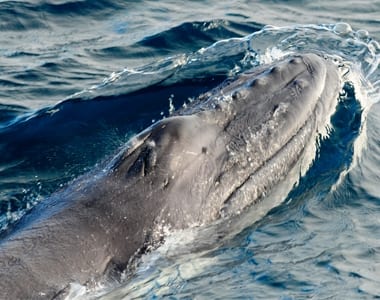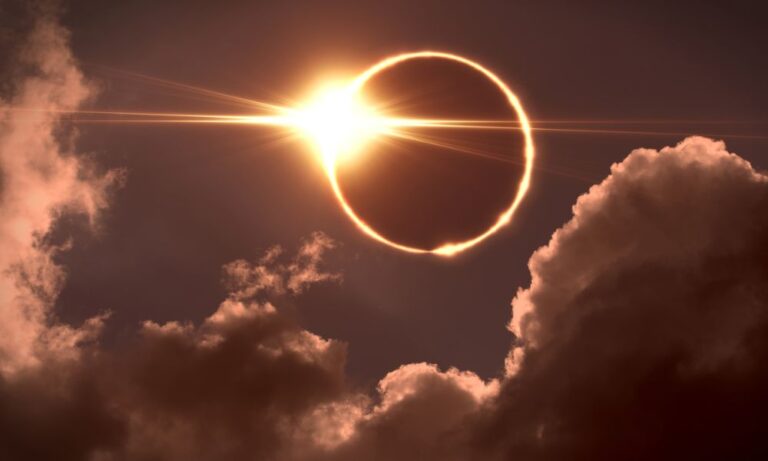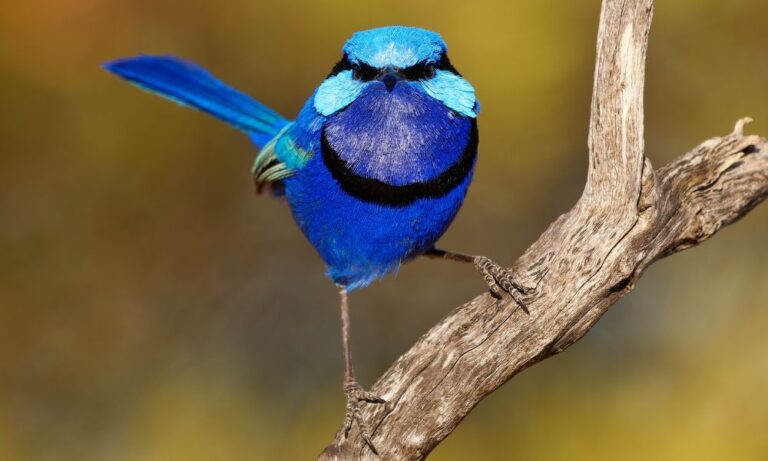As activists near Antarctica unveiled a third “secret” boat to help them pursue and block the Japanese fleet, influential Australian lawmakers said regular reconnaissance flights were helping Tokyo breach international anti-whaling conventions.
“What we have here is spy flights, which are helping to breach international law, being conducted from Australian airports under the guise and under the nose of the Australian government,” conservative opposition environment spokesman Greg Hunt told state radio.
Japan’s government-backed whaling fleet aims to harpoon up to 935 minke whales and 50 fin whales, classified as endangered, in the Southern Ocean during the current Southern Hemisphere summer.
Commercial whaling was banned under a 1986 treaty. But the Japanese have continued to cull whales on grounds that this is for research purposes and to monitor their impact on fish stocks, deflecting criticism from anti-whaling nations like Australia, Britain and New Zealand.
Activists from the Sea Shepherd Conservation Society have promised to disrupt the hunt and on Wednesday revealed a 1,200-tonne former Norwegian harpoon ship refitted in secret in Mauritius to harass the Japanese.
NEW ACTIVIST BOAT TAKES WHALERS BY SURPRISE
The ice-strengthened ship – the third in the Sea Shepherd fleet – surprised the whalers near Antarctica’s Commonwealth Bay.
A public relations company based in New Zealand and linked to Japan’s Institute of Cetacean Research chartered aircraft in Hobart and in Western Australia state last month to track the Sea Shepherd flagship Steve Irwin, The Age newspaper said.
“Instead of Australia sending a surveillance vessel to watch the whalers, the Japanese are using Australian soil to watch the whale defenders,” said Australian Greens Leader Bob Brown, whose party wields five key swing votes needed by the government.
Environmentalists accuse center-left Prime Minister Kevin Rudd of backpedalling on threats of an International Court of Justice whaling challenge to avoid damaging Australia’s trade ties with Japan and slow-moving talks on a free trade pact.
Some legal experts believe the Japanese cull is in breach of several international laws and treaties, including the Antarctic Treaty System and the Convention on International Trade in Endangered Species.
A court challenge would lead to so-called provisional orders for Japan to immediately halt whaling ahead of a full hearing.
Sea Shepherd Captain and founder Paul Watson said the surveillance flights were aiding whaling in Antarctic waters claimed by Australia, but not recognized by Japan.
“There’s no difference between these Japanese whalers and elephant poachers in east Africa, except in east Africa they shoot the poachers,” Watson said.
Japan was Australia’s top export destination in 2008, with two-way trade worth $58 billion. Canberra also maintained a $25 billion trade surplus on the back of coal and iron ore exports.
Japan maintains whaling is a cultural tradition and while most Japanese do not eat whale meat on a regular basis, many are indifferent to accusations that hunting the creatures is cruel.
Reuters







